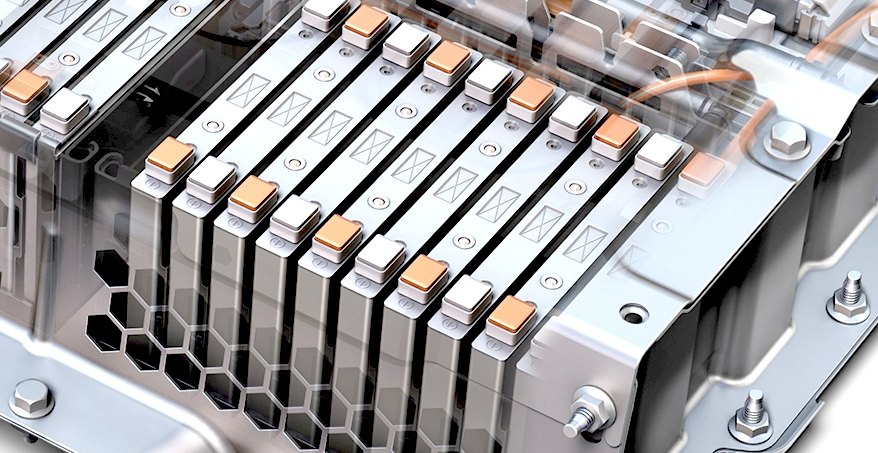


Although silent about solid-state battery technology, Elon Musk, co-founder and CEO of Tesla, widely regarded as the pioneer of the new electric car movement, instead, chose to follow the 4680 batteries technology which, unlike the previous battery technology, offers about five times the current energy storage of Tesla's already supremely impressive industry-leading batteries at just half the cost. In this regard, all-solid-state batteries (ASSBs), in which solid electrolytes (SEs) are used as substitutes for LEs, are increasingly regarded as very promising next-generation battery systems. At a pace of 100 cells per week, the company intends to scale that up to thousands per month later in 2021. Unlike liquid batteries, solid-state batteries do not catch fire when they malfunction and can still operate when damaged, making them attractive for use in aviation. These benefits have made this technology incredibly attractive to automakers, but an ex-Tesla engineer, Gene Berdichevsky, who was in charge of the Roadster battery tech but left to start his own company, Sila Nanotechnologies, has expressed his doubts about this technology claiming it has several technical challenges that will be difficult to overcome and stated the future still remains in the hands of lithium-ion batteries. Solid Power has started to industrially produce its all-solid-state batteries. Solid Power’s all-solid-state battery cell technology is expected to provide key improvements over today’s conventional liquid-based lithium-ion technology and next-gen hybrid cells, including: High Energy By allowing the use of higher capacity electrodes like high-content silicon and lithium metal. Solid-state battery technology uses a solid electrolyte instead of the liquid electrolyte used in traditional lithium-ion batteries, resulting in higher energy density, faster charging times, and improved safety.


 0 kommentar(er)
0 kommentar(er)
